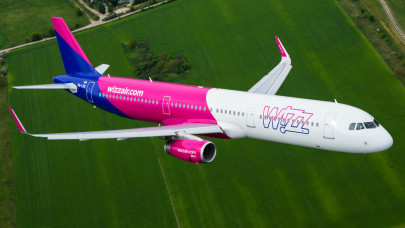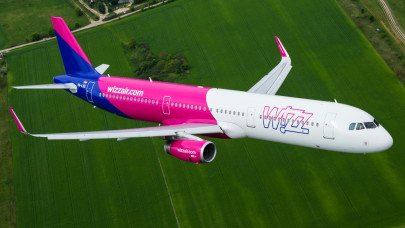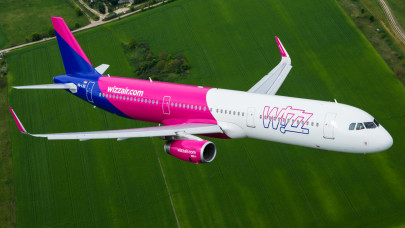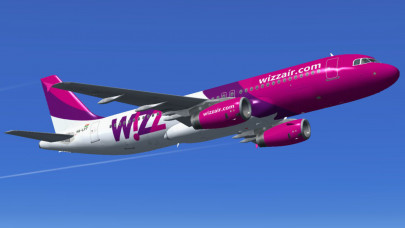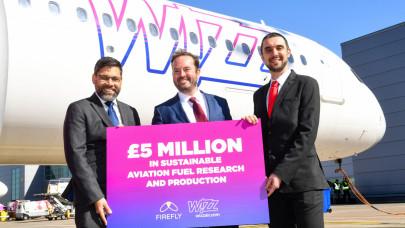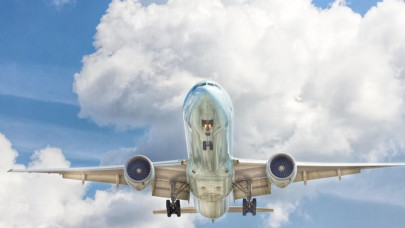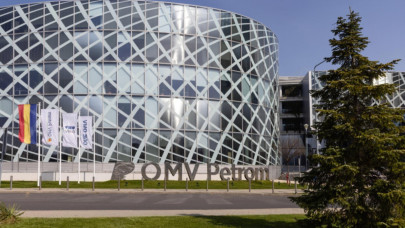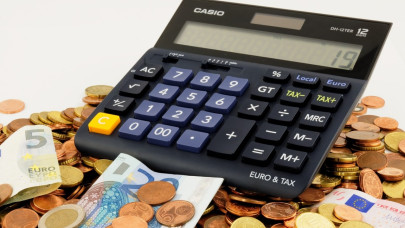"The announcement reinforces Wizz Air's position as the most sustainable airline choice and is a key element of the airline's environmental strategy to reduce its carbon intensity by 25% by 2030 and reach net zero by 2050 ", shows the company.
In 2022, Wizz Air achieved its lowest annual carbon intensity of 55.2 grams per passenger-kilometer.
The airline has continuously added new Airbus A321neo aircraft to its fleet, replacing older aircraft.
The share of new "neo" technology aircraft in Wizz Air's fleet is planned to exceed 50% by the end of financial year 2023. These aircraft can currently fly with a mix of up to 50% sustainable aviation fuel (SAF).
Neste MY Sustainable Aviation Fuel is produced from 100% renewable and sustainably sourced residual raw materials, including used cooking oil and animal fat waste.
Sustainable aviation fuel is blended with conventional aircraft fuel prior to use and works seamlessly with existing fueling infrastructure and aircraft engines. SAF offers the performance of conventional jet fuel, but with a significantly lower life-cycle carbon footprint.
"At Wizz Air, we continue to invest in innovative technologies and we believe that SAF is a key element of the solution to the decarbonisation of the aviation industry. The partnership with Neste, the world's largest manufacturer of SAF, reaffirms our progress in reducing carbon intensity, which is already one of the lowest in the world among airlines. Working together with Neste, we will drive the adoption of SAF across the network, paving the way to a more sustainable future for aviation," said Ian Malin, Executive Vice President and Group Chief Financial Officer at Wizz Air.
The use of Neste MY Sustainable Aviation Fuel reduces greenhouse gas emissions by up to 80% over the life cycle of the fuel compared to the use of fossil fuel for aircraft (when used in a pure form - i.e. without blending - and calculated with established Life Cycle Assessment - LCA methodologies, such as the CORSIA methodology).
“Neste is committed to helping the aviation industry move towards a more sustainable future. This agreement with Wizz Air, one of the industry leaders in sustainability, shows how we enable airlines to use SAF on their networks. We look forward to working with Wizz Air to reduce carbon emissions as we increase annual SAF production capacity to 1.5 million tonnes by the end of 2023,” says Jonathan Wood, Vice President Europe, Renewable Aviation at Neste.



